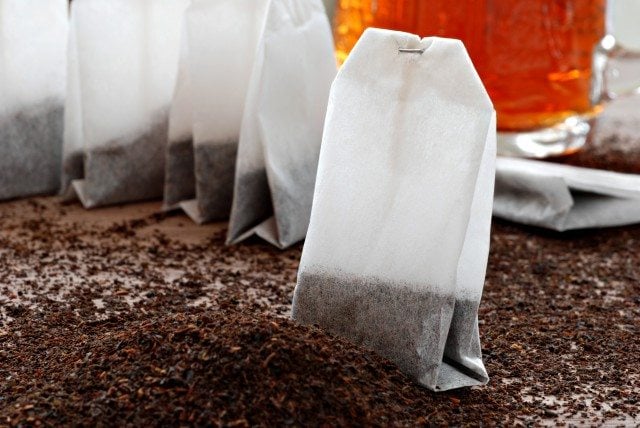Unilever says it is embarking on a tea research and development program aimed at safeguarding future tea supply using 21st century plant breeding methods that will lead to improved and sustainable tea varieties of tomorrow.
By broadening the natural diversity of tea plants to enhance their productivity, quality and overall sustainability, the project will help ‘future proof’ supply of tea.
The project will also help arrest any decline in tea crop diversity that could limit the crop’s ability to withstand drought, disease and pests in the future.
“The ability to grow more tea on less land, reduce further the need for agrochemicals while boosting tolerance to drought and climate change are integral to this project and in line with our sustainable sourcing aims under the Unilever Sustainable Living Plan,” says Clive Gristwood, senior VP, research and development (R&D) refreshment.
“It’s so encouraging to see Unilever drawing on its strong R&D capabilities to work with others in the sector to develop more sustainable tea varieties that will have a better chance of withstanding predicted changes in the climate of key tea-producing regions,” says Sally Uren, CEO, Forum for the Future.
“Changes in agricultural practice alone are unlikely to secure the future of tea, technological innovation also has a key role to play.”
The project, which is in partnership with Nature Source Genetics, will be initiated within Unilever’s tea gardens in Kenya, complementing the existing agronomy program already housed there.










